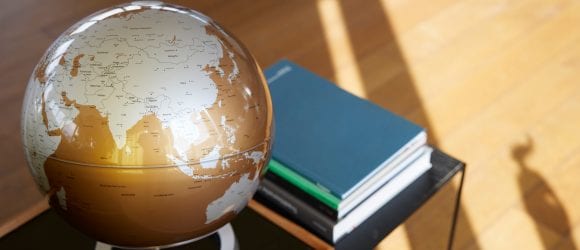With UBS, you’ll benefit from over 160 years of experience helping our clients pursue what matters most to them – in life and in business.
We’ll get to know you and what you want to achieve, then craft personalized financial solutions that help protect and grow your wealth.
Helping you make the most of your life by taking care of your wealth. That’s what wealth management means to us. Because at UBS, wealth management isn’t just one thing we do. It’s who we are.
A truly global presence

With UBS, you’ll benefit from an organization that’s both global and local.
Over 350 wealth management offices as well as representative and advisory offices in more than 50 markets ensure we’re close to you – wherever you are.
Solutions tailor-made to your goals and values
Individuals and families
We take the time to understand you so we can offer you the right solutions and insights aligned to your financial goals. As your wealth manager, we’re with you every step of the way.
Entrepreneurs
Whether you're starting, expanding, selling or planning your succession, your journey will bring both challenges and opportunities – as a leading wealth manager, we know what they are.
Family Office and UHNW
For institutional investors, family offices and high-net-worth individuals looking for a trusted partner, we can connect you with expert advice, global resources and personalized services.
Explore our latest publications

Proud to be named the World’s Best Bank 2024
Proud to be named the World’s Best Bank 2024
The highly-coveted top accolade at the Euromoney Awards for Excellence recognizes our robust financial performance, our consistent achievement of shareholder targets, and our steadfast commitment to our clients.
You might also be interested in
Connect with us
Together, we can help you pursue your goals.


